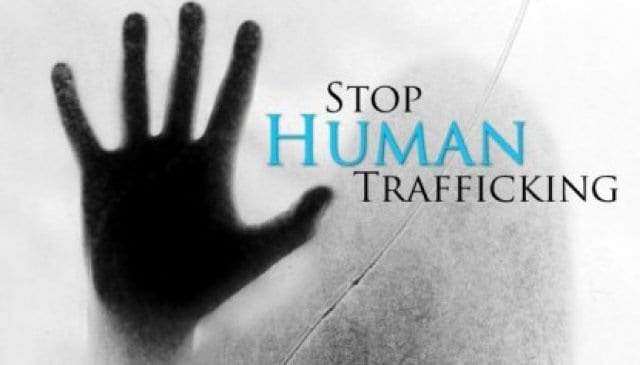
Human Trafficking & COVID-19: Recommendations for Funders and Congress
Human trafficking thrives in times of crisis and uncertainty, when the needs of the most vulnerable among us are often overlooked. Congress recently passed the $2 trillion coronavirus relief legislation, the Coronavirus Aid, Relief, and Economic Security Act (CARES Act), H.R. 748. Lawmakers are already at work on a fourth major legislative package (“Phase Four”) to respond to the COVID-19 outbreak. The CARES Act provided significant new resources for education, early care, housing, nutrition, and services; however, it fell short in some significant ways. Due to underlying vulnerabilities, those most at risk of, and victim to, human trafficking and labor exploitation will experience disproportionate impacts as a result of COVID-19 in the short, medium, and long-term. As a result, the current funds allocated for human trafficking services and prevention are insufficient to protect the marginalized from sexual abuse and severe labor exploitation. Low-wage workers, including documented and undocumented immigrants; runaway and homeless youth; those fleeing domestic violence and sexual assault; and previously identified victims of human trafficking who need ongoing support and access to additional resources are being left behind. Notably, the legislation to date has failed to provide support to immigrant workers, including undocumented workers, many of whom are providing essential services but are at greater risk for forced labor and other forms of human trafficking during this pandemic.
Accordingly, the recommendations and supplemental appropriations outlined below address the most urgent needs of human trafficking survivors, victims, and those particularly susceptible to exploitation. We urge Congress to include these provisions in “Phase Four” of its COVID-19 response package.
Read full recommendations here.
